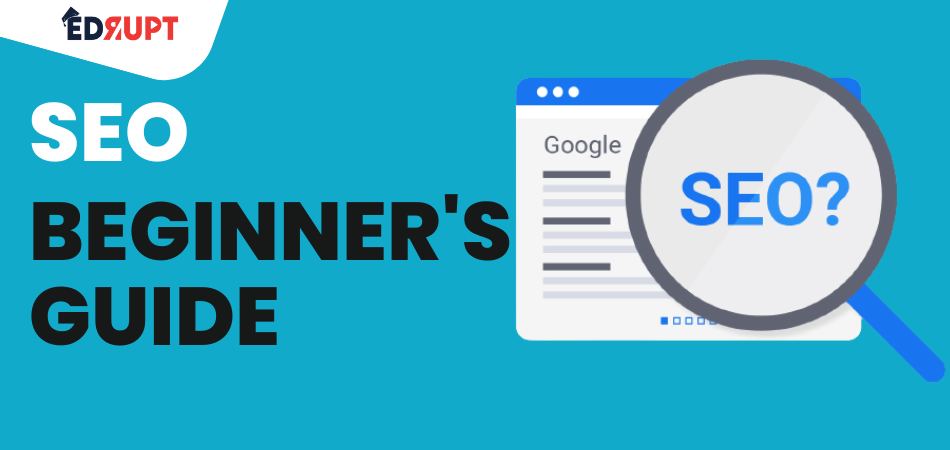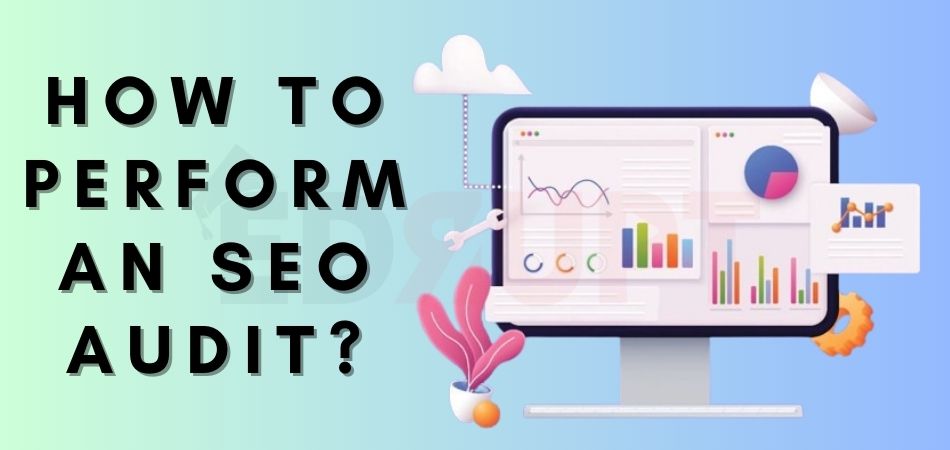WordPress SEO Tutorial For Beginners
Do you want to start blogging or want to build a website but don’t know how to code? It might surprise you to learn that creating a website doesn’t require programming knowledge. You may make a webpage or online site quickly and effortlessly with WordPress which can be downloaded for free.
What Is WordPress?
WordPress is a popular program for those who don’t know how to code but yet want to construct web pages and blogs. There is no cost associated with the software. It is free for anyone to install and use. Many bloggers, company owners, and publishers utilize WordPress in their daily job to boost their online presence.
The major advantage of WordPress is that it allows you to publish your work online even if you have zero knowledge about coding. WordPress maintains user accounts, site URLs, post and page text, and other data organized and stored in a database, which does all of the work for you. That’s why submitting content online is so quick and easy with this method. You can add text and files to your website by clicking “publish” after creating new pages.

Are you ready to get started, but you’re not sure where to begin? This piece provides a comprehensive introduction to WordPress SEO Tutorials for Beginners. For more information, keep reading.
The Best 6 WordPress SEO Courses for Beginners
Install an SEO plugin for WordPress
To take care of all technical SEO optimizations and make sure you follow best practices, install an SEO plugin for your WordPress.
For your website, All in One SEO (AIOSEO) is a possibility. With the help of the greatest WordPress SEO plugin, you can optimize your website for search engines without needing to know how to code or employ a developer.
AIOSEO has a lot of strong features. Its applications include the following: -Monitoring broken links, Making a sitemap in XML Adding a robots.txt editor, adding breadcrumb navigation, and adding schema markup monitoring the WooCommerce SEO, Local SEO, and TruSEO On-Page analysis score.
An SEO audit can also be carried out with AIOSEO. The plugin is going to monitor and draw attention to important issues. You’ll also receive beneficial advice on how to fix these problems and increase your website’s organic traffic.
Set Up Search Engine Webmaster Tools
The next step is to set up the webmaster tools for various search engines, such as Yandex, Bing, and Google Search Console.
You may monitor the performance of your website’s organic search with these free tools. They can be used to discover issues that might be keeping your website from ranking in search engines, submit sitemaps, check rankings and see which keywords people are using to locate your website among other things.
Google Search Console, for instance, displays the pages that are indexed in the search results. After that, you can resolve any problems, submit pages for indexing, and learn why Google doesn’t index other pages.
Add Google Analytics to WordPress
On your WordPress website you must have this free tool known as Google Analytics which displays behavior of the users on your website together with information on their origins, favorite sites and much more.
With Google Analytics, you can track the number of visitors resulting from organic searches and evaluate the effectiveness of your WordPress SEO campaigns. It is an excellent tool for tracking website traffic and spotting volume variations.
You may also keep an eye on 404 errors, hunt for strategies to boost organic traffic, pinpoint high-converting pages and improve their SEO, among other things.
The easiest way to set up Google Analytics in WordPress is to use MonsterInsights. It’s the best analytics plugin for WordPress, and you don’t need to hire a developer or modify any code to configure Google Analytics.
The best thing is that using the MonsterInsights Lite edition of the program lets you add analytics to your website for free. Furthermore, the plugin facilitates setup extra monitoring features, such as form conversions, eCommerce tracking, and more. There is a premium edition of it as well.
Do Keyword Research for Your WordPress Site
Content writers and SEO specialists use search engine data to find topics your audience is interested in through a process called keyword research.
Many inexperienced people will make educated assumptions about what subjects they believe others might find interesting. As an alternative, you might want to conduct thorough keyword research and identify search terms for every page of your website.
Choosing a main target term for your blog post or landing page is crucial. It may be more difficult for search engines to comprehend material if there are an excessive number of search phrases.
A primary search term can be found using a variety of keyword research techniques. Because Semrush provides comprehensive keyword data, competitor analysis, keyword position tracking, related keywords, queries, and more, you can easily use it for keyword research.
Use LSI Keywords and Check for Keyword Stuffing
Having determined the focus keyphrase for your material, the following step is to identify keywords for Latent Semantic Indexing (LSI). These are search terms that are connected to your main keyword.
Using Google Search to uncover LSI keywords is the simplest method. The ‘Related searches’ section can be found by simply scrolling down to the bottom of the search results.
After that, you can thoroughly cover the entire issue and utilize these terms throughout your text. It also facilitates search engines understanding of your content.
That being stated, you must refrain from overcrowding your writing with keywords. When the same search term appears repeatedly, users don’t have the optimal reading experience, and search engines are quite expert at identifying keyword stuffing.
Improve Your Meta Description and SEO Title
The next item on the WordPress SEO checklist is to determine if your SEO titles and meta descriptions are optimal.
The title of your WordPress blog post or product page is quite important when it comes to search rankings. The reader will click the link if the headline is compelling.
The meta description not only provides users with more information about the page, but it also increases the organic click-through rate (CTR). Google will receive a positive signal and you will rank higher as more people click on the link to your website.
It’s advised that you use the primary keyword in your URLs, meta description, and SEO title. You should also ensure that the length of your titles and meta descriptions is limited to 55 characters.
Conclusion
An SEO campaign for WordPress cannot be successful without a thorough plan. In light of changes to search engine algorithms and user behavior, regularly update your strategy. By providing excellent user experience, industry best practices, and helpful information, your website may get more visibility and organic traffic.
Now, you can easily use WordPress SEO for your website and see its wonders! The above points will surely help you to create an attractive website by using SEO. If you follow the given instructions, your website will rank on the top of others in search engine bars.
Further you can also view the SEO Tutorial guide with the Edrupt as well for further assistance.









